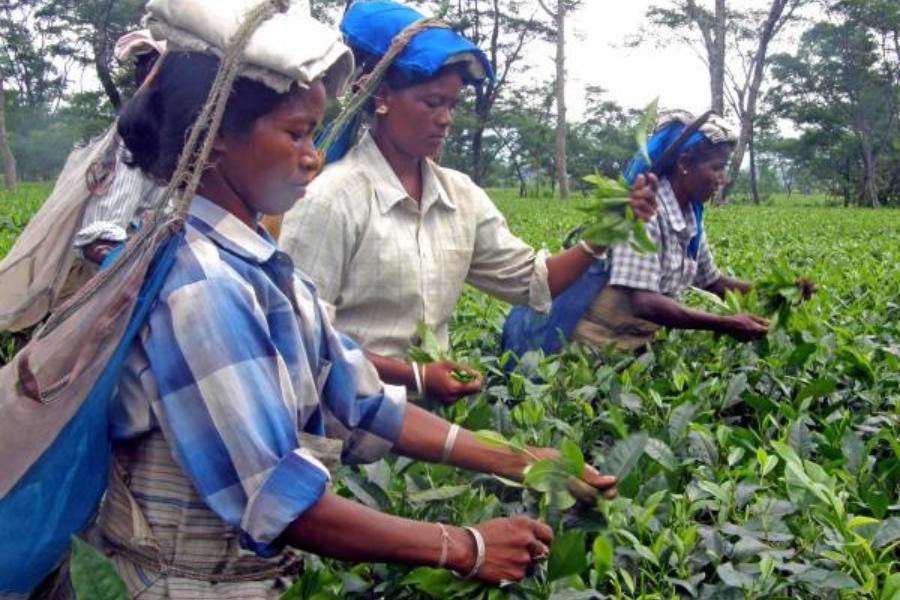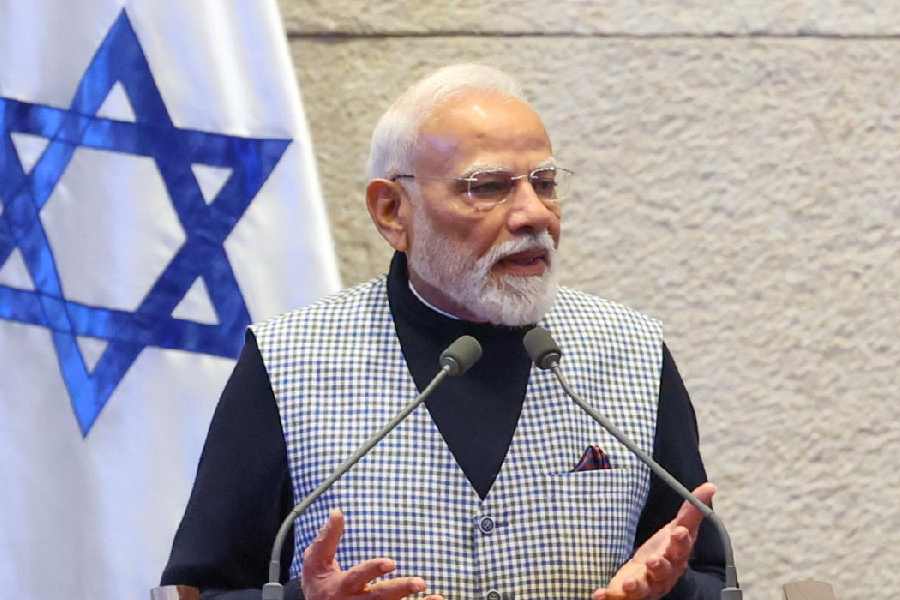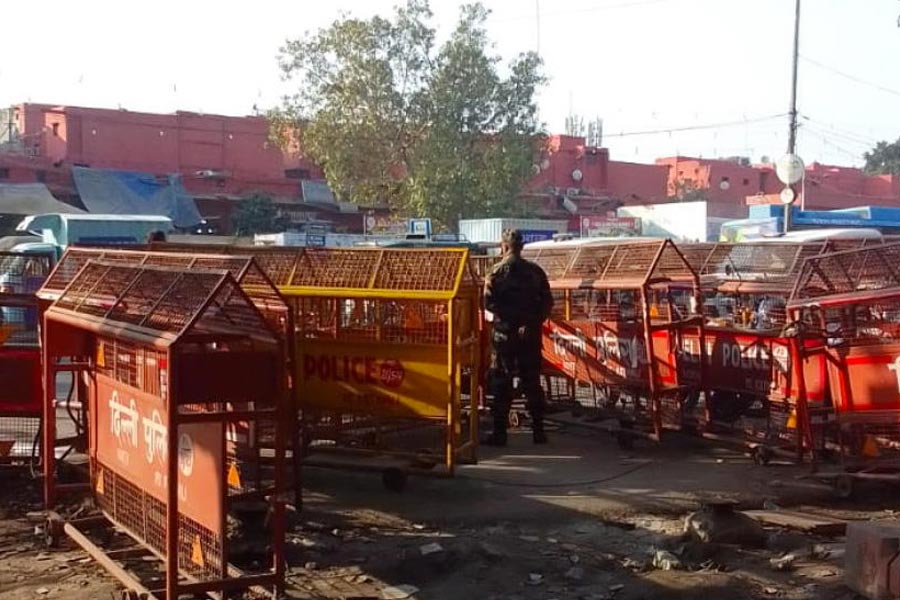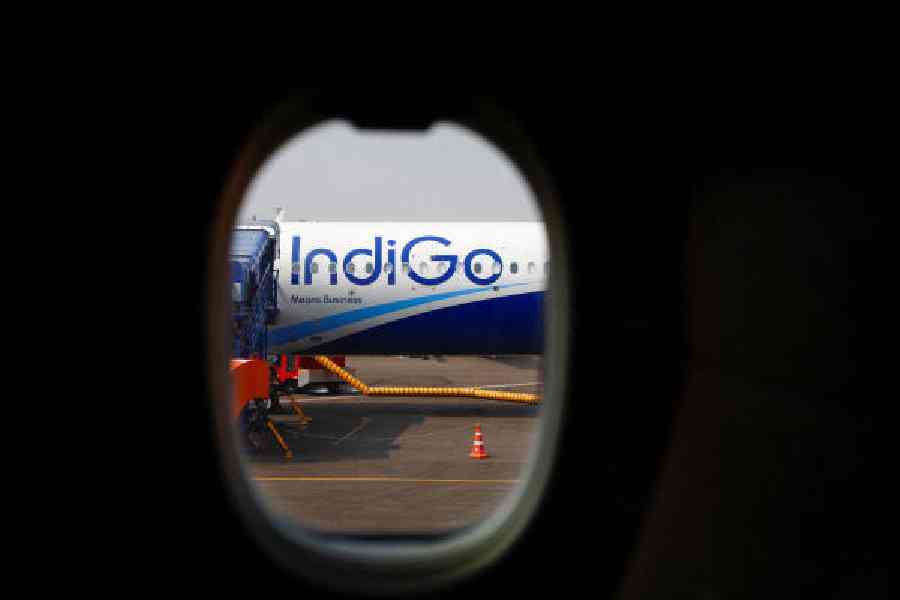The Tea Board of India has engaged a private consultancy to conduct a survey across the country to work out a new formula for the sharing of sale proceeds between small growers and bought-leaf factories (BLFs).
Rajanigandha Seal Naskar, the controller of licensing at the Board, issued a circular on June 19, saying the consultancy would conduct the survey in all tea-producing districts in India.
People who cultivate tea on not more than 10 hectares of land are defined as small growers. Unlike tea estate owners, small growers don't have their own factories for processing tea leaves. So, BLFs — standalone factories — procure tea leaves from growers, process the same and sell the processed tea.
In Bengal, the grower gets 52 per cent of the proceeds, while the remaining 48 per cent goes to the BLF as of now.
Bijoygopal Chakraborty, the president of the Confederation of Indian Small Tea Growers Associations, said the formula had been adopted along the lines of the system in Sri Lanka.
“However, it didn’t work here. In Sri Lanka, the entire produce is auctioned off. Only around 42 per cent of the tea produced in the small tea sector of our country reaches auction centres. The remaining portion is sold in private and there is a lack of transparency. As a result, we growers receive lower prices, which at times don’t even cover our cost of production,” he said.
In India, the small tea sector contributes around half of the total production.
Sources in the Tea Board said the consultancy had been asked to make field visits and speak to small growers, BLF owners, tea research associations, tea planters associations and other stakeholders in major tea-producing states like Assam, Bengal, Kerala, Tamil Nadu and Tripura.
“They will also conduct virtual interactions with stakeholders in some other states where a comparatively lesser amount of tea is produced. The firm has been asked to submit a comprehensive report on the price-sharing formula within six months,” said a source.
A team from the firm has reached Bengal and will speak to the stakeholders in Jalpaiguri, Siliguri, Darjeeling and Islampur. They will also visit plantations and BLFs, said sources.
A veteran grower based in Siliguri said there had been a demand for quite some time that the Tea Board rework the price-sharing formula.
“We welcome the initiative. During the team’s visit, we will provide details to them to prove that to produce 1kg of green tea leaves, the minimum cost is Rs 18.52. In many cases, we have to sell the same at Rs 15 or Rs 16 a kilo,” he said.











